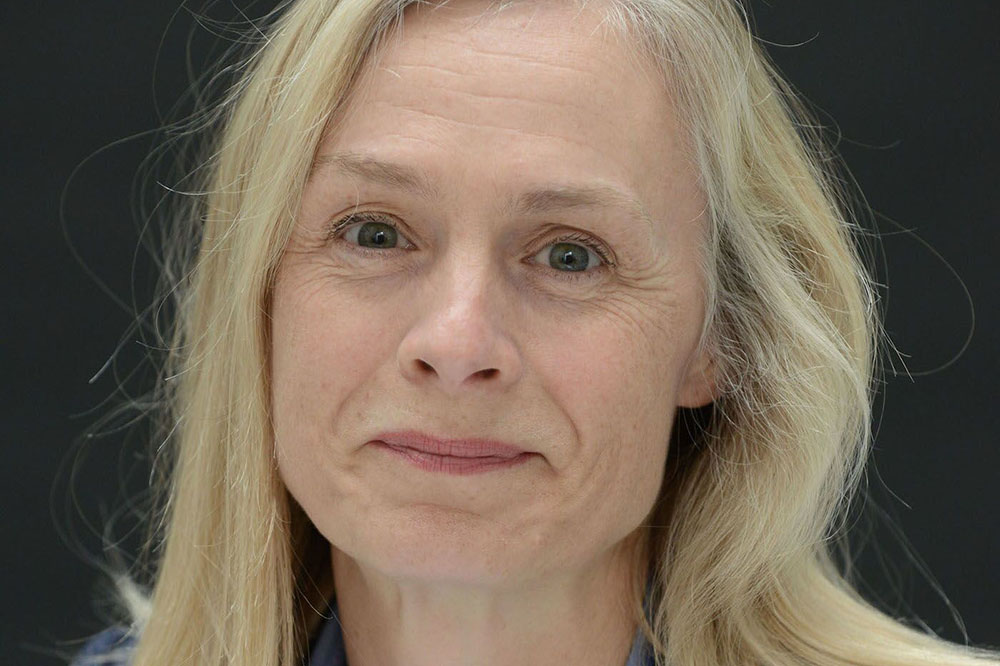
The Executive Director of Birmingham’s Rep theatre has highlighted the risk of permanent damage to the Midlands cultural 'ecosystem' as the sector continues to operate under strict lockdown rules.
Speaking with a panel, chaired by Labour’s Shadow Chancellor Anneliese Dodds and including top figures from the creative and tech industries as well as Labour’s Shadow Culture Secretary Jo Stevens, Birmingham Rep’s Rachael Thomas told of the “interdependency” of its component parts - from actors and technicians to costume makers and sign language interpreters - and said that every part relied on the other for survival.
Despite imminent relaxation of the restrictions on bars and restaurants and mandatory social distancing being cut from two metres to one metre – theatres and similar venues face an uncertain future, with no immediate prospect of reopening while the virus continues to spread in the community.
Rachael told the panel:
“One of the things that’s not very well understood about our sector is the interdependency of all its component parts and specifically what, or who, some of those component parts are.
“As Birmingham Rep we’re a venue and we employ quite a large number of permanent staff who work year round on our behalf. But we’re absolutely dependent on a hugely rich and diverse network of other players – be they actors, musicians, directors, designers, costume makers, BSL interpreters, PR agents – it’s a very long list.
"Some of them are organised as companies and some are individual artists and sole traders. The sector is a complex web of interrelated people organised in different ways. More importantly, it’s an ecology and every part of that ecosystem is dependent on the survival of every other part.
“Very simplistically, without the venues, artists have nowhere to perform their work. Without the artists and freelancers, the venues have nothing to put on their stages. The whole sector has to be protected if we’re to protect our cherished status as a global leader in culture, and in the West Midlands that’s particularly important as we look to reap the benefits of the Birmingham Commonwealth Games in 2022.”
Shadow Secretary of State for Culture, Media and Sport, Jo Stevens MP, said:
“The focus has to be on saving jobs, on saving infrastructure and supporting the retention of skills. London is a particular case and while not minimising the challenges London faces, if we look back to the 2008 financial crisis the areas that were hardest hit were the nations and regions.
"They are far less resilient and we need targeted intervention to protect them. We don’t have to reinvent the wheel on this. Labour knows how important freelancers are to the economy and to this sector, but I’m not convinced that the Government does.
"We need to look at our European neighbours to see what they are doing. There are good examples of best practice that we can use.”
Speaking afterwards, Rachael added:
“It was reassuring to hear the panel reiterate the need for sector-specific support in order to protect the cultural capital accumulated over many decades. The case for investment is straightforward – we’re global leaders in culture, we need to protect it.
“I liked the suggestions of looking to our European neighbours and other countries to see what they’re doing in similar circumstances to effectively protect the whole sector, from the very large organisations to the individual freelance community. If the mechanisms exist elsewhere, let’s adapt them for here.”












Comments
Add a comment